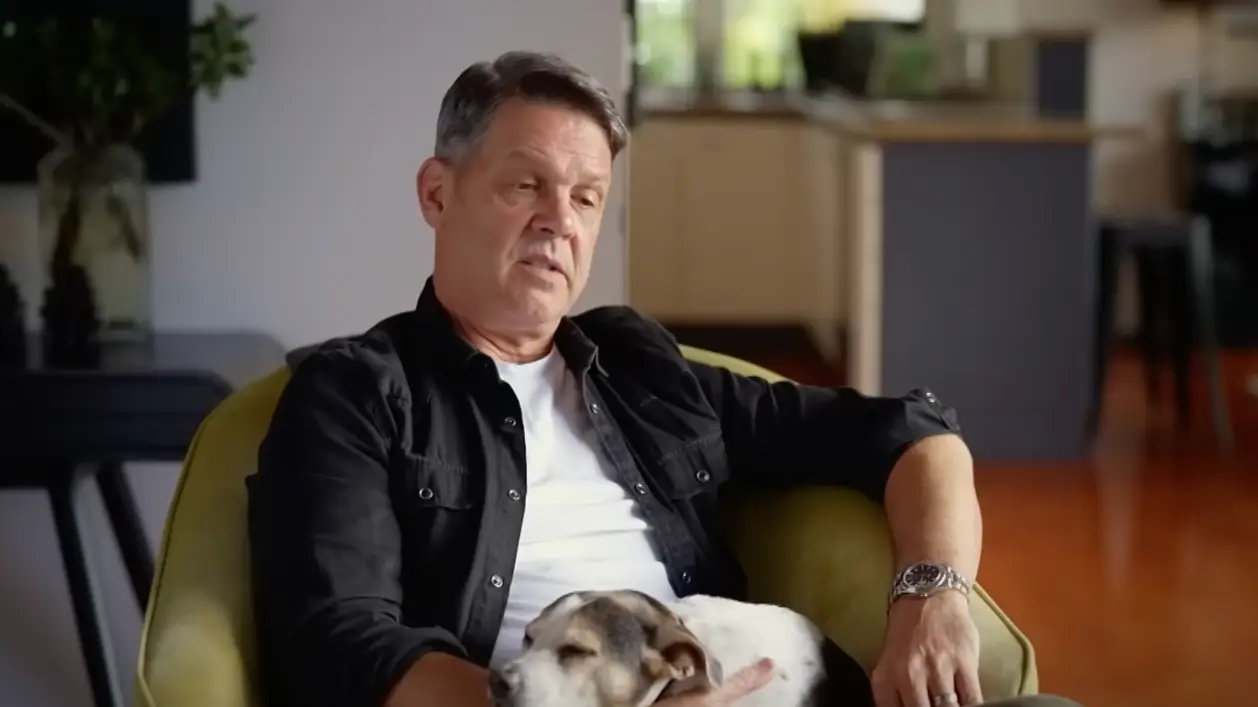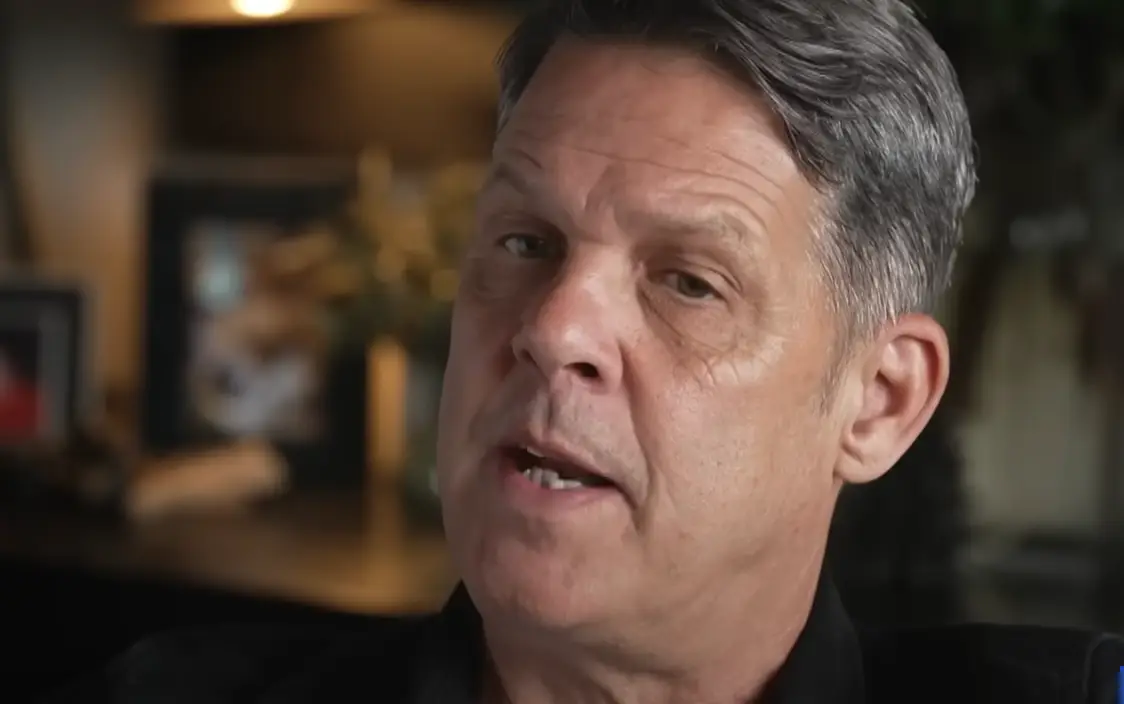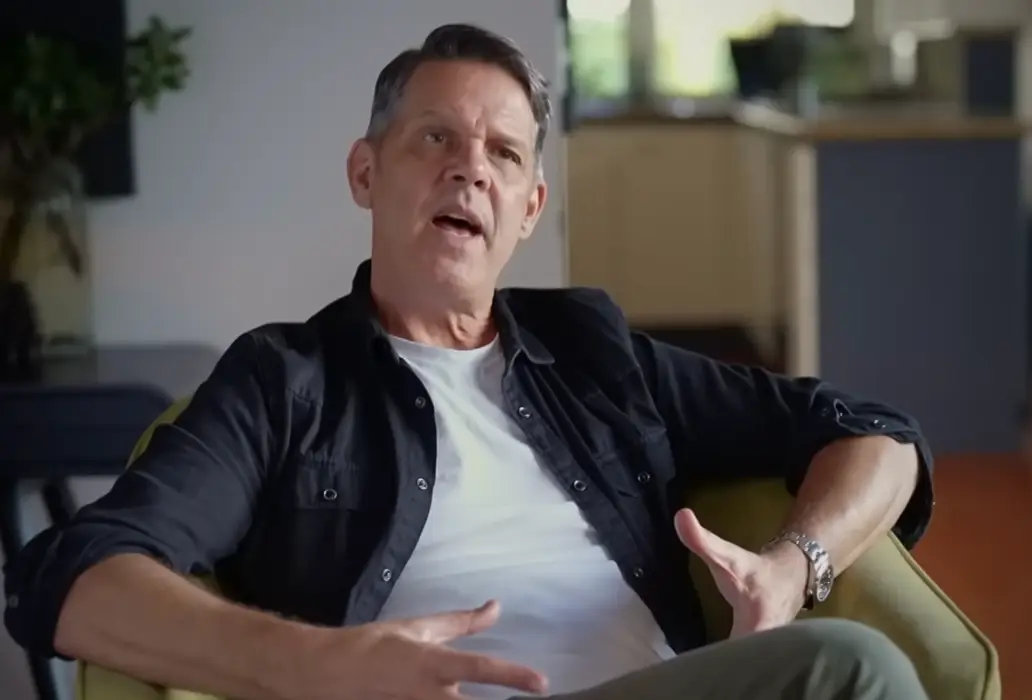
A man who was diagnosed with early-onset dementia at just 55 years old has opened up about his experience and recalled the simple, seconds-long test that confirmed there was an issue under the surface.
Like many people across the globe, Jim Rogers, who is from the UK but later moved to Australia, had largely considered Alzheimer's disease to be a condition that really only affects old people.
It's true that old age does increase the risk of developing Alzheimer's, however the disease isn't limited to a certain age bracket, as Jim found out after he began experiencing concerning symptoms.
In an interview with ABC News' Australian Story, Jim recalled some of the simple things he'd started struggling with prior to his diagnosis, for example the ability to put his phone on silent.
Advert
Initially, he thought he might have just been 'tired' or 'stressed', but it soon became clear there was more at play.

After a visit with his cardiologist one day, when Jim started to 'p**s off* the doctor because his phone kept ringing, she noticed his struggle to silence the device and advised that he go and visit a memory clinic.
There, Jim underwent brain scans and analysis on the way he perceived information, with his husband, Tyler, explaining the one test that solidified their concerns.
Tyler recalled: "She asked you to touch my left cheek with your right hand, and you did the opposite. And I just started crying because I knew something was wrong."
That simple test of trying to touch his husband's cheek with the correct hand raised a red flag, and Jim was then referred to an appointment with a neurologist who diagnosed him with younger-onset Alzheimer's, which can also be referred to as early-onset Alzheimer's.

After receiving his diagnosis, Jim admitted: "I didn't know much about Alzheimer's, I just thought it was an old person's disease."
Jim described the condition as 'brutal' because there is currently no cure and he doesn't know how quickly it will develop. However, he's keen to dispel existing stigmas around dementia, pointing out that the diagnosis doesn't immediately mean that someone has 'lost all of their faculties'.
Instead, he has chosen to see early diagnosis as a 'gift' because it has allowed him to find the time to do the things he otherwise might have put off.
"You can live well with dementia, you've just got to adapt to it," he said.